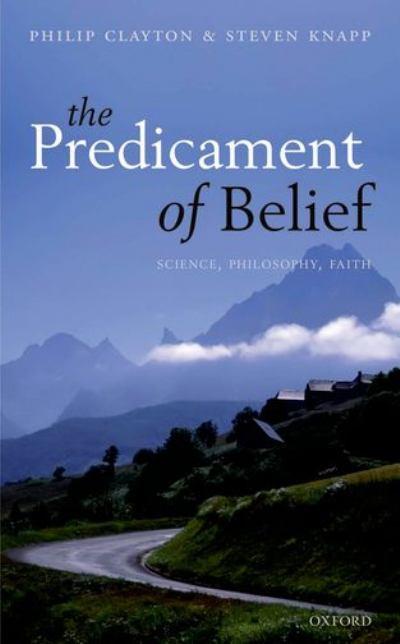"We do agree with many commentators today that it is difficult to make the case for Christian belief - difficult, that is, to make a case that is, or even should be, convincing to those who do not already participate in the experience of Christian faith and practice. What separates us from Christian agnostics is, first, our unwillingness to decide in advance that no progress in assessing Christian claims can be made and, second, our conviction that pursuing the question of what is really the case, what is really true, is not just an intellectual game but an urgent religious responsibility. In fact, it is a responsibility precisely for those who find themselves, as we do, continually drawn to what it is least misleading, perhaps, to call simply 'the gospel.' Again, that conviction separates us just as much from the Christian fideist - the person who thinks we should just take everything 'on faith' - as it does from the Christian agnostic. As different as they may be in other respects, the fideists and the agnostic are equally 'dogmatic' to the extent that they are both closed to the possibility of ever making progress in finding out whether Christian claims may actually be true, and both unwilling to let the content of their beliefs be affected by new ideas or discoveries."
Philip Clayton and Steven Knapp, The Predicament of Belief: Science, Philosophy, and Faith 19-20

No comments:
Post a Comment